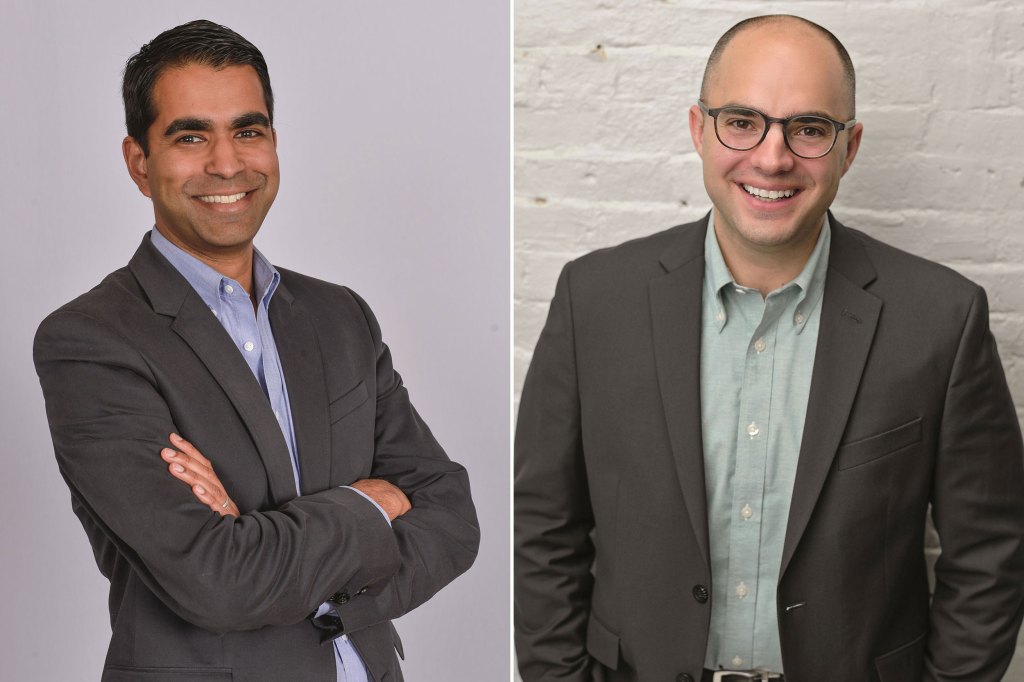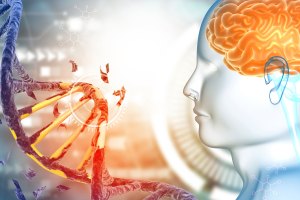Health
-

Social media detox boosts mental health, but nuances stand out
‘Wildly different reactions’ among participants, says researcher
-
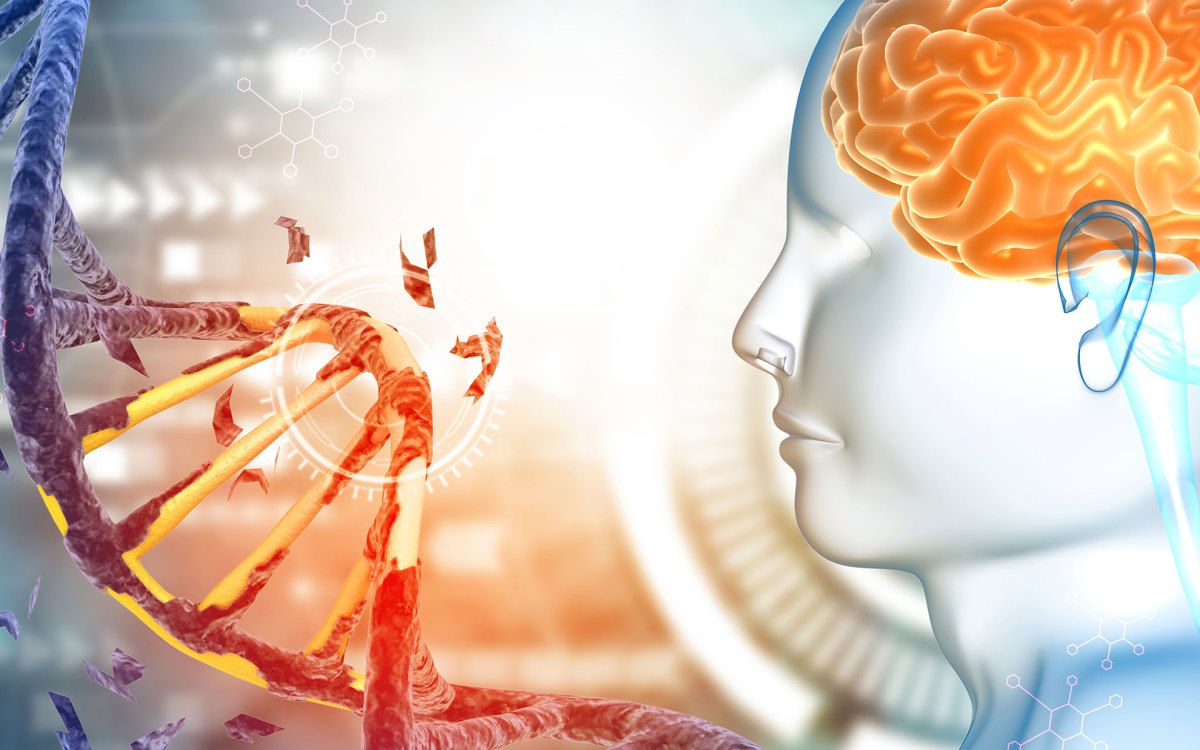
New research finds 5 genetic signatures shared by 14 psychiatric disorders
Could advance treatment of mental illness with greater precision, less medication

-

Break in the case for long COVID investigators
Research highlighting chronic inflammation opens path to treating illness that affects millions of Americans

-

The problem with the school smartphone debate
Study finds most districts already regulate devices. Is the real issue enforcement?

-
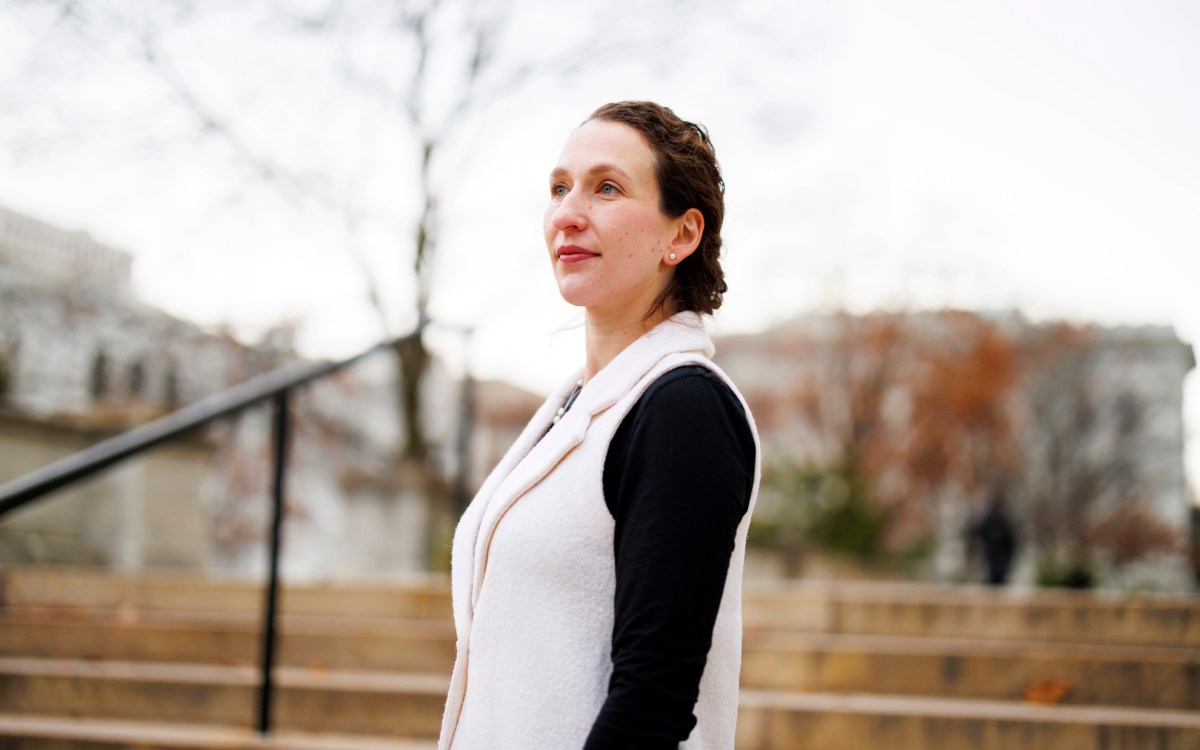
Just who gets a say at FDA public drug-approval hearings?
New research shows negative voices are relatively rare in drug approval hearings.
-
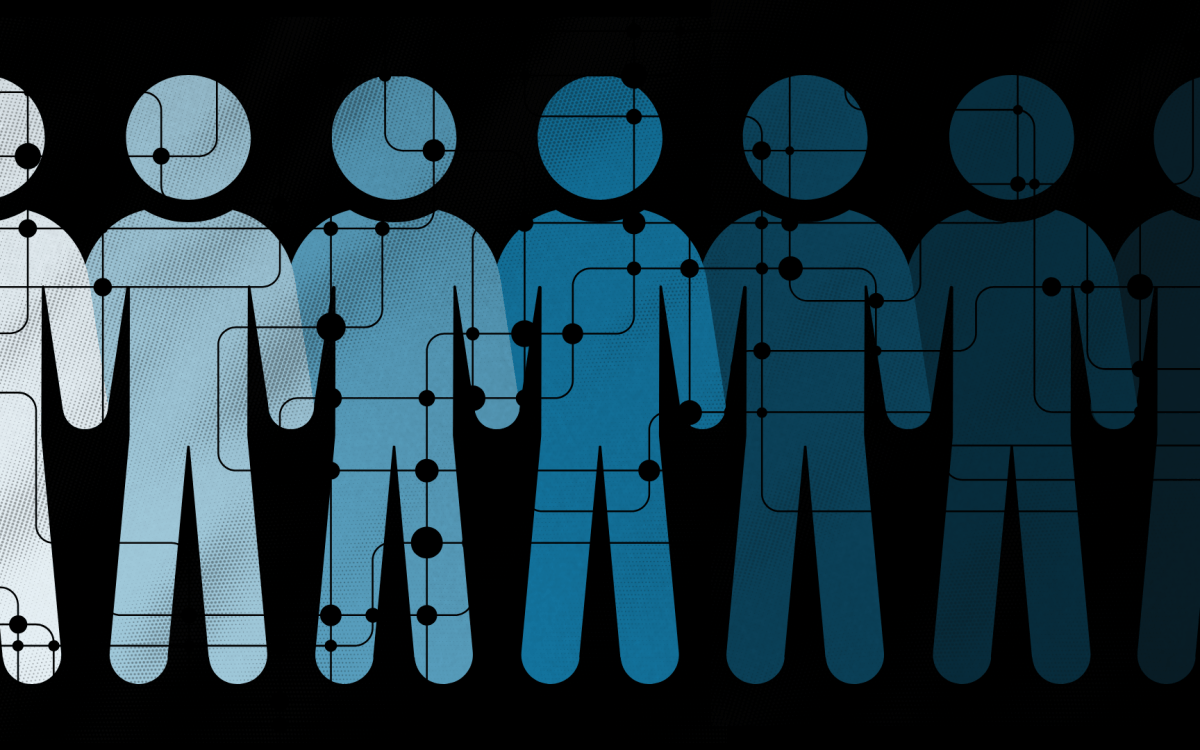
Your digital twin might save your life
AI, statistics offer new possibilities for personalized medicine
-
Wedding gift from her doctors — the ability to smile again
A complicated brain tumor surgery left Rebecca Grasso with facial paralysis. But thanks to a series of nerve transfers at Harvard-affiliated Mass Eye and Ear, she was able to smile at her wedding.

-
Less rest, more stress for the weary
New study highlights a correlation between women who sleep less than eight hours at night and developing a greater risk for hypertension or high blood pressure.

-
Tab for liver disease tied to drinking projected to double over 20 years
Researchers say planners, policymakers need to be looking to ramp up intervention programs, improve treatment.

-
Is organic better?
Not if you follow the evidence, researcher says

-
Why are ineffective oral decongestants still on store shelves?
Drug regulation expert explains how the problem was discovered, next steps for FDA, and the questions it raises about other products, supplements.
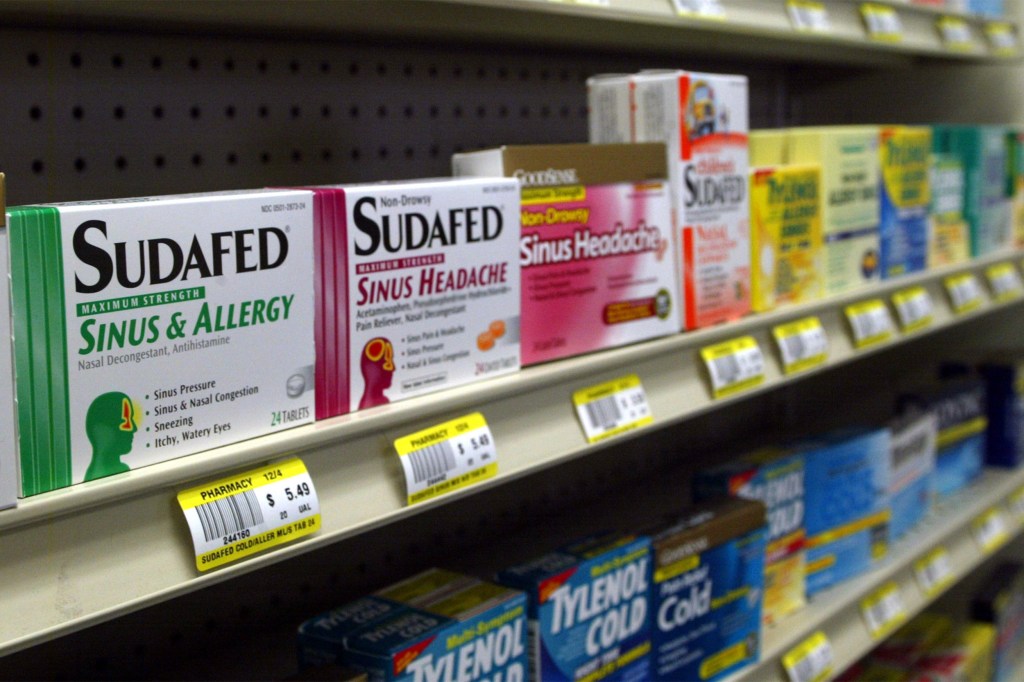
-
Not getting enough sleep? That’s only half the battle.
Researchers find regularity also plays key role in long-term health and daily performance.

-
Seizing the chance to stop a suicide
New Harvard-MGH initiative to provide caregivers with lab-tested tools for identifying, treating those most at risk.
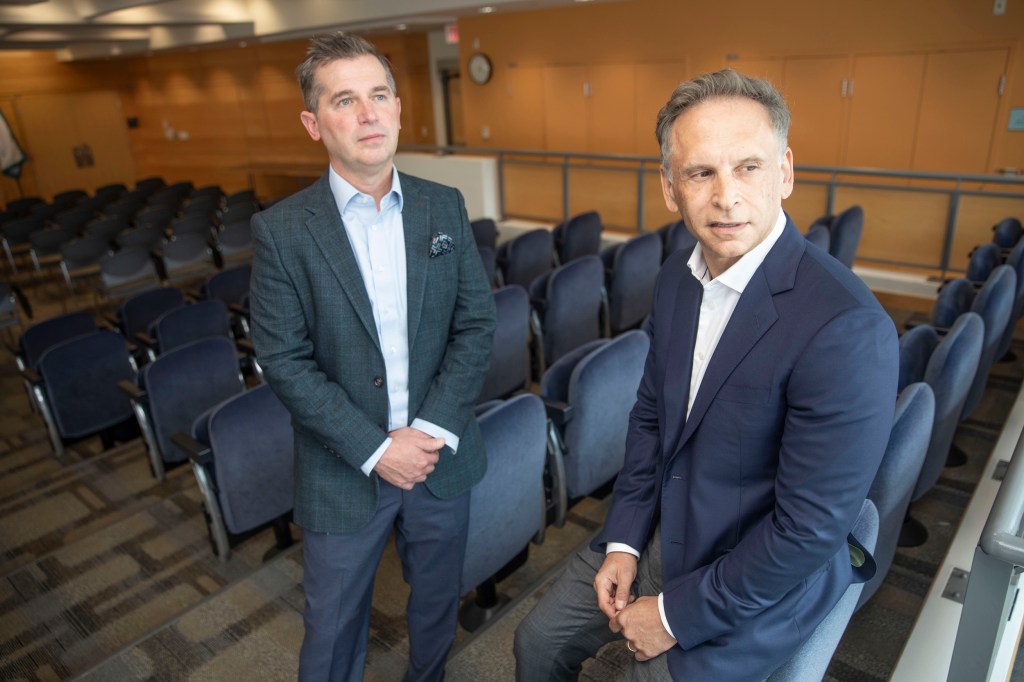
-
The night owl’s disease problem
A new study has an important message for night owls.

-
Next spat with your partner, try silence
If you’re doing all the talking, then you’re probably doing it wrong, says negotiation expert.

-
Think twice before saying ‘cult’
Survey shows intense support for ex-president in face of indictments, but common claim among MAGA critics falls short of scientific rigor.
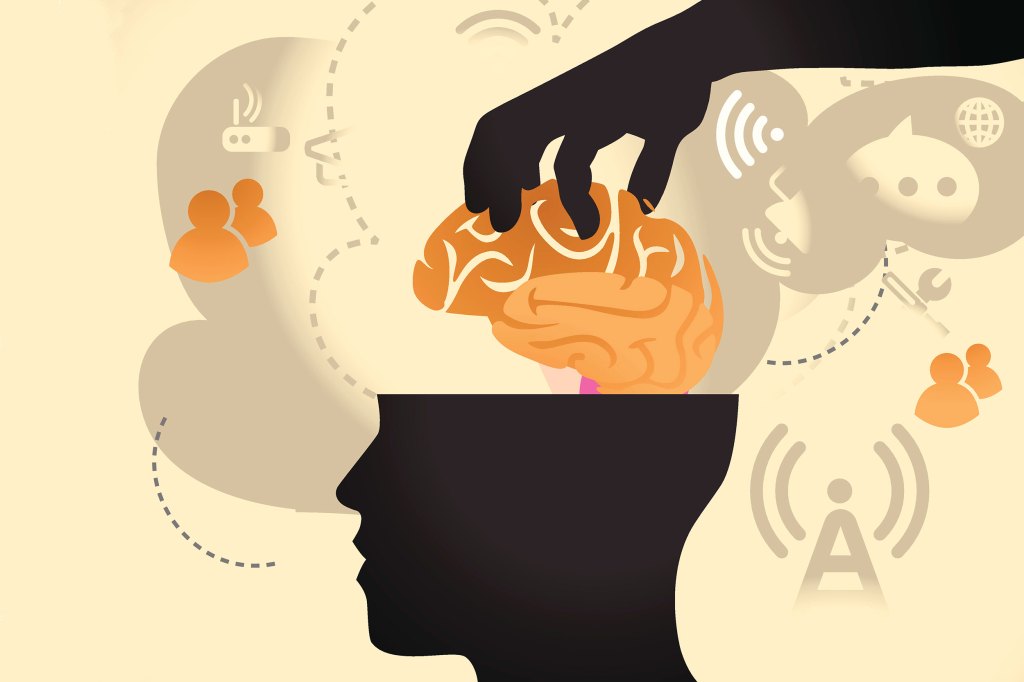
-
These doctors aren’t sweating AI — yet
Board exam for pediatric specialty stumps ChatGPT, at least in some areas.
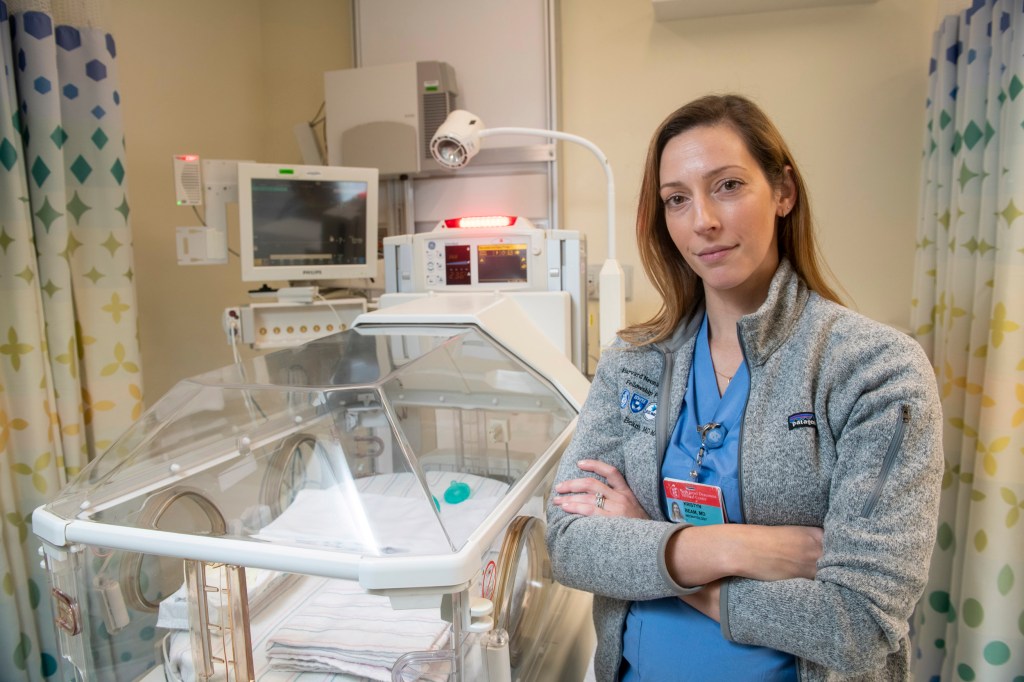
-
How durable is your immunity?
William Hanage, an associate professor of epidemiology, talks about hybrid protection, vulnerability of older people, and the wisdom of Taylor Swift.
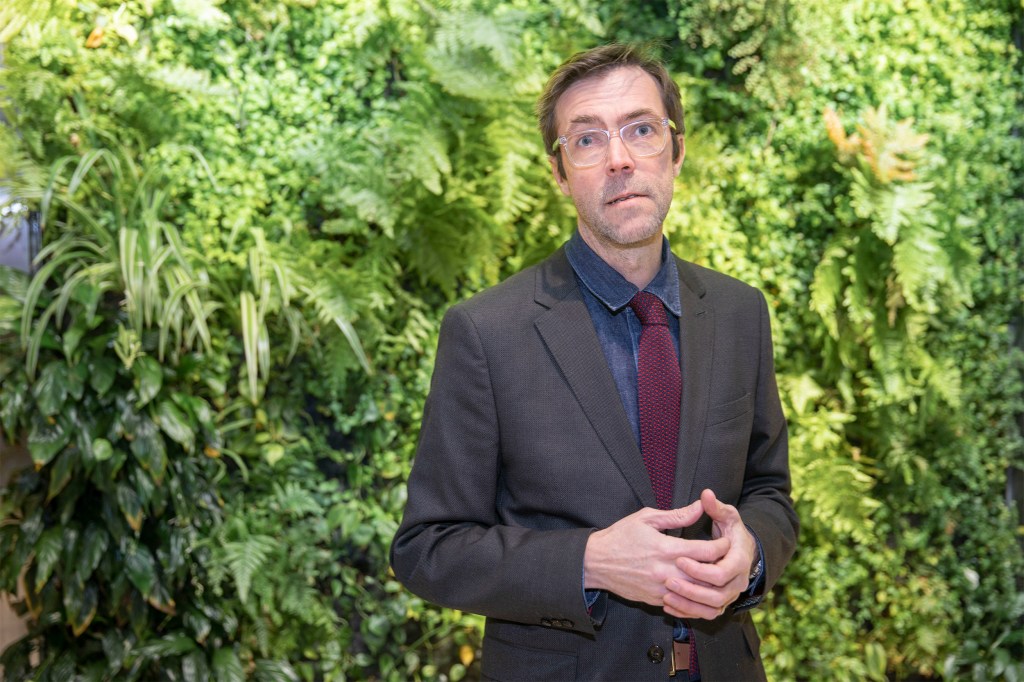
-
Microdevices turn brain tumors into tiny labs
A microdevice has been designed that can be implanted into tumors to conduct dozens of experiments at once to study the effects of new treatments on some of the hardest-to-treat brain cancers.
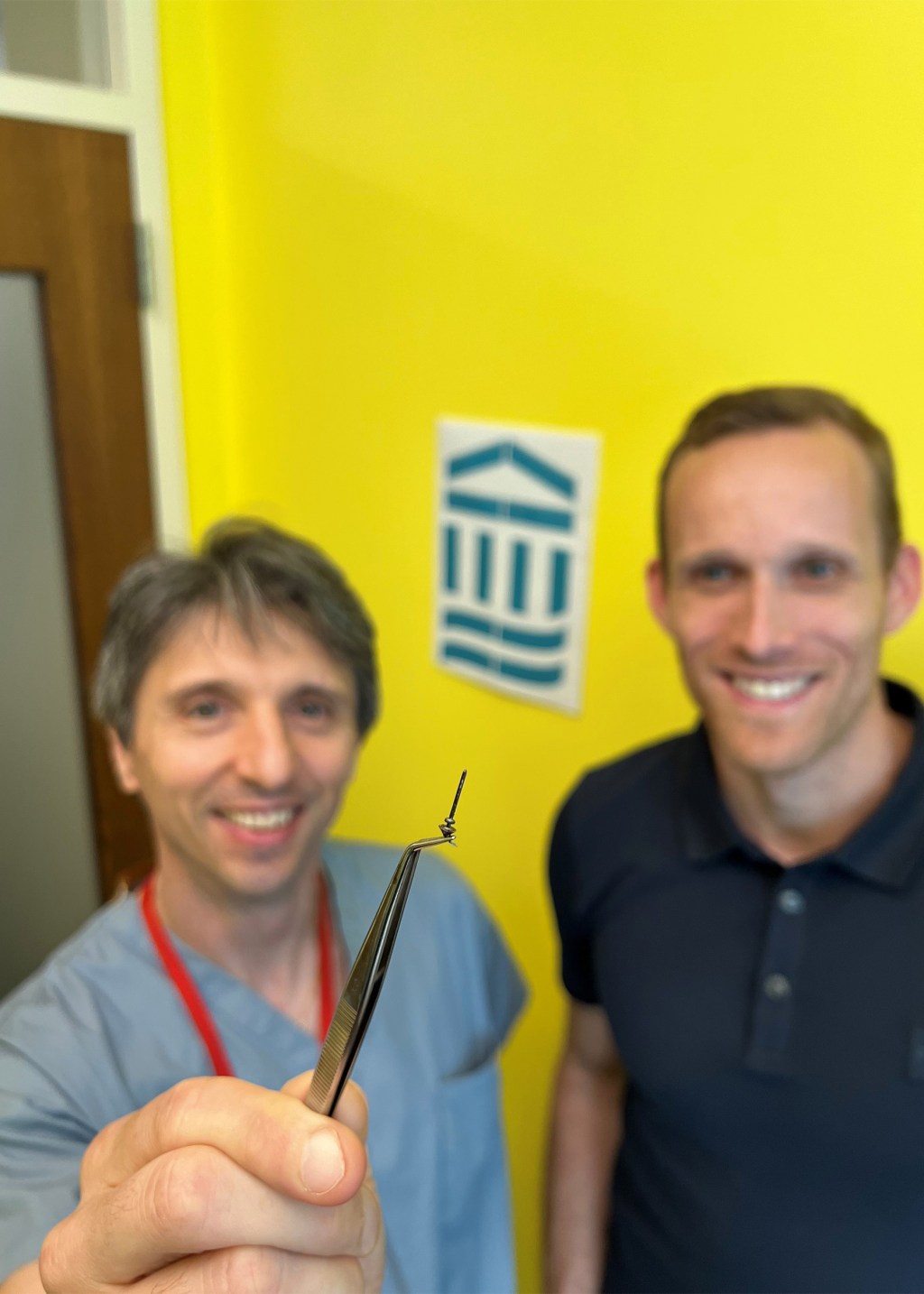
-
Surge in ‘abortion travelers’ to Mass. post-Dobbs
Women are traveling from states as far away as Texas for care, finds Brigham and Women’s study.

-
Need cancer treatment advice? Forget ChatGPT
New research finds in about a third of the cases AI chatbot provided medically inappropriate recommendations for cancer treatment.

-
The eye as we’ve never seen it
Researchers’ atlas pinpoints where disease-causing genes are expressed, raising hope for inroads against glaucoma and macular degeneration.

-
Engineered probiotic developed to treat multiple sclerosis
Researchers are working on a new approach to target autoimmunity in the brain — a condition at the core of several diseases, including multiple sclerosis.

-
The road that ends with Alzheimer’s
Genetic detective work sheds light on SORL1 gene offering possible new treatments, especially for patients not responsive to existing therapies.
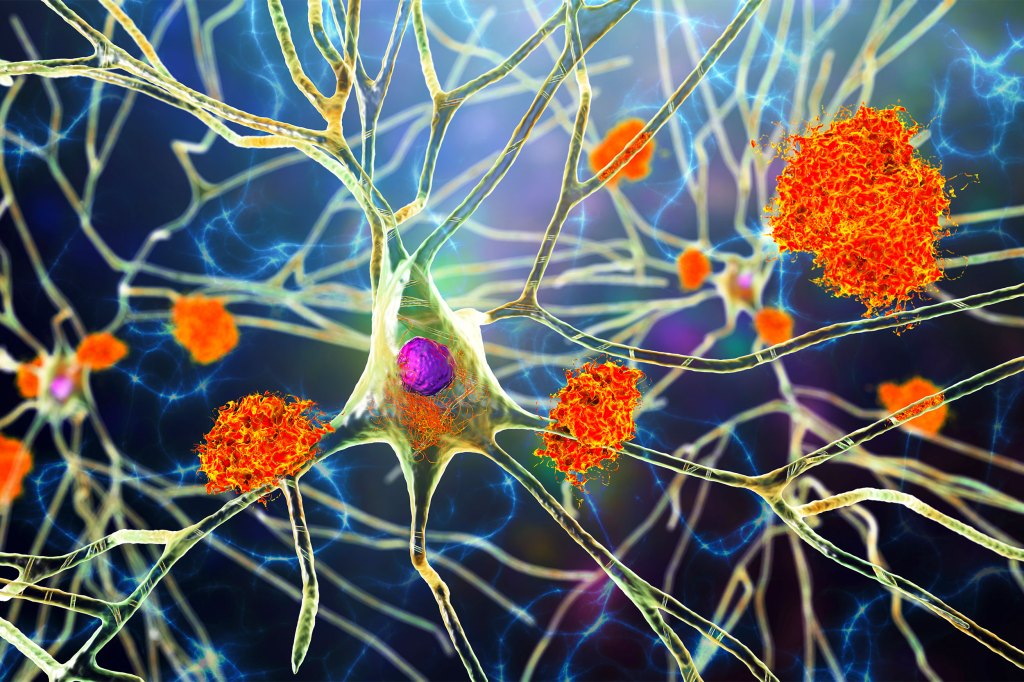
-
Longevity benefits of Mediterranean diet know no boundaries
In a study of adults in the U.K., those who adhered closely to a Mediterranean lifestyle had a 29% lower risk of all-cause mortality and a 28% lower risk of cancer mortality.

-
Vaginal bacteria must eat to survive — but how?
Chemical analysis brings understudied microbiome into sharper focus.

-
Daily soft drink linked to increased risk of liver disease
Study finds women who consumed sugar-sweetened beverage daily had higher risk of developing liver cancer, chronic liver disease.

-
Mental health ills are rising. Do mood-tracking apps help?
Public health data specialist says they can raise patient awareness, but there are pitfalls.
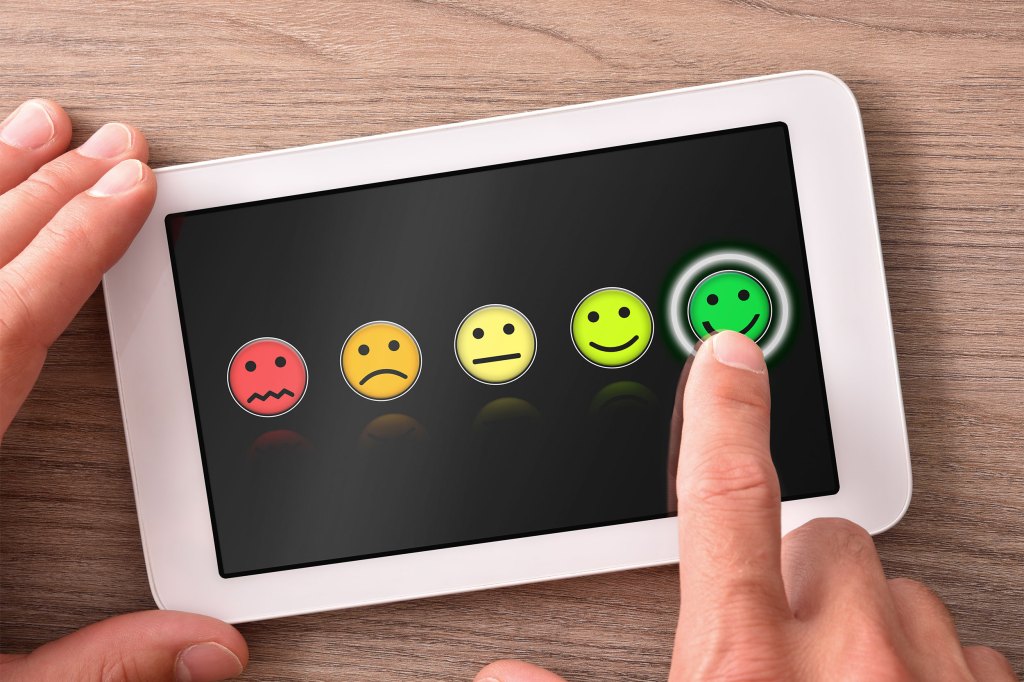
-
Strong, silent, and suffering inside
Mental health experts, Indianapolis Colts owner discuss efforts to end the stigma around asking for help.
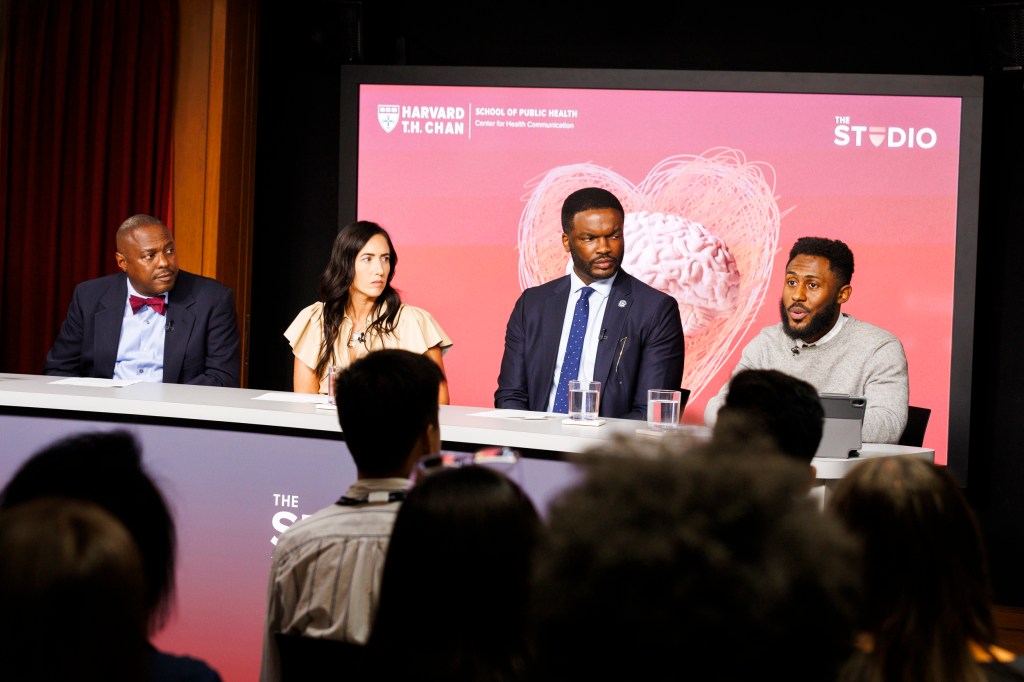
-
Extending lives of old mice by connecting vessels to young ones
Connecting circulatory systems allowed animals in study to live 6-9 percent longer, lowered their biological age.

-
Turns out lowly thymus may be saving your life
Study suggests organ plays vital role in immune health, particularly cancer prevention
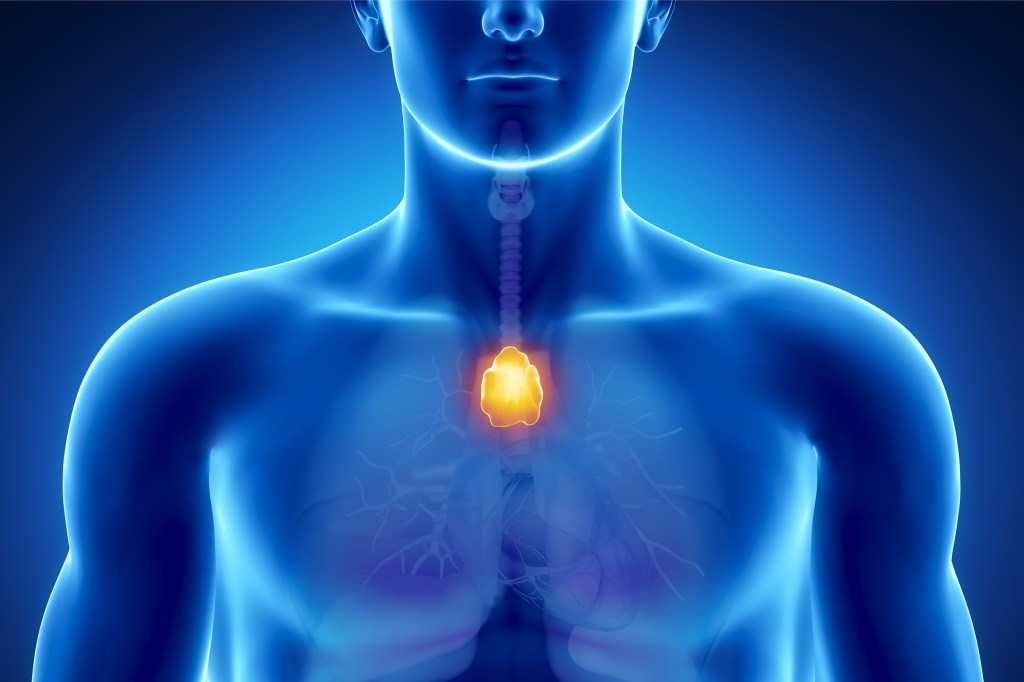
-
So why does my dog get Lyme disease vaccine, and I don’t?
Science can protect your dog, but not you. Expert explains why ’90s vaccine for humans disappeared and details efforts to develop a new one.

-
COVID-19 came from animals. Why aren’t we working to prevent new scourge?
A new study suggests we are as vulnerable as ever to the emergence of another virus as deadly, or even more so, than COVID-19.
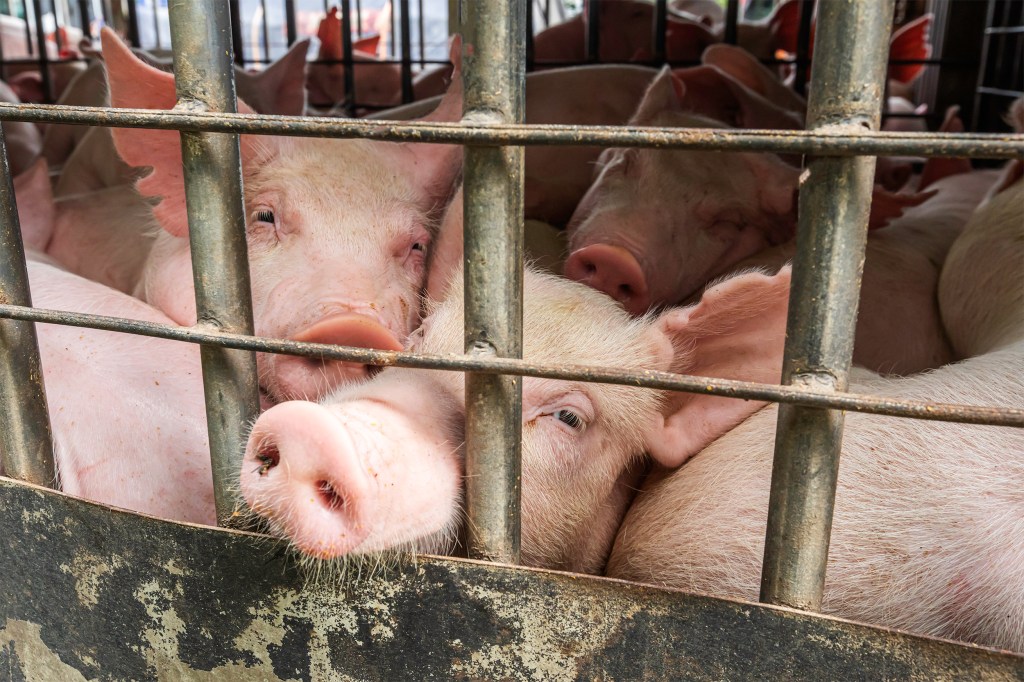
-
Too busy for daily exercise? Study finds same benefits for ‘weekend warriors.’
Study finds similar health benefits for those who concentrate workouts 1-2 days a week.

-
Keep the dog cool
Science has shown that violence among monkeys, rats, and mice increases when the weather is warm. Now it seems we can add dogs to the list.

-
How did E-ZPass help expectant mothers who live near toll booths?
Anupam Jena and Christopher Worsham sift data to find hidden forces at work in healthcare in new book.
